🏠 Living cost in Australia for international students - what you need to know before you go
Be smart about studying in Australia - learn about living costs before you depart and plan accordingly.
Nirjala Shrestha
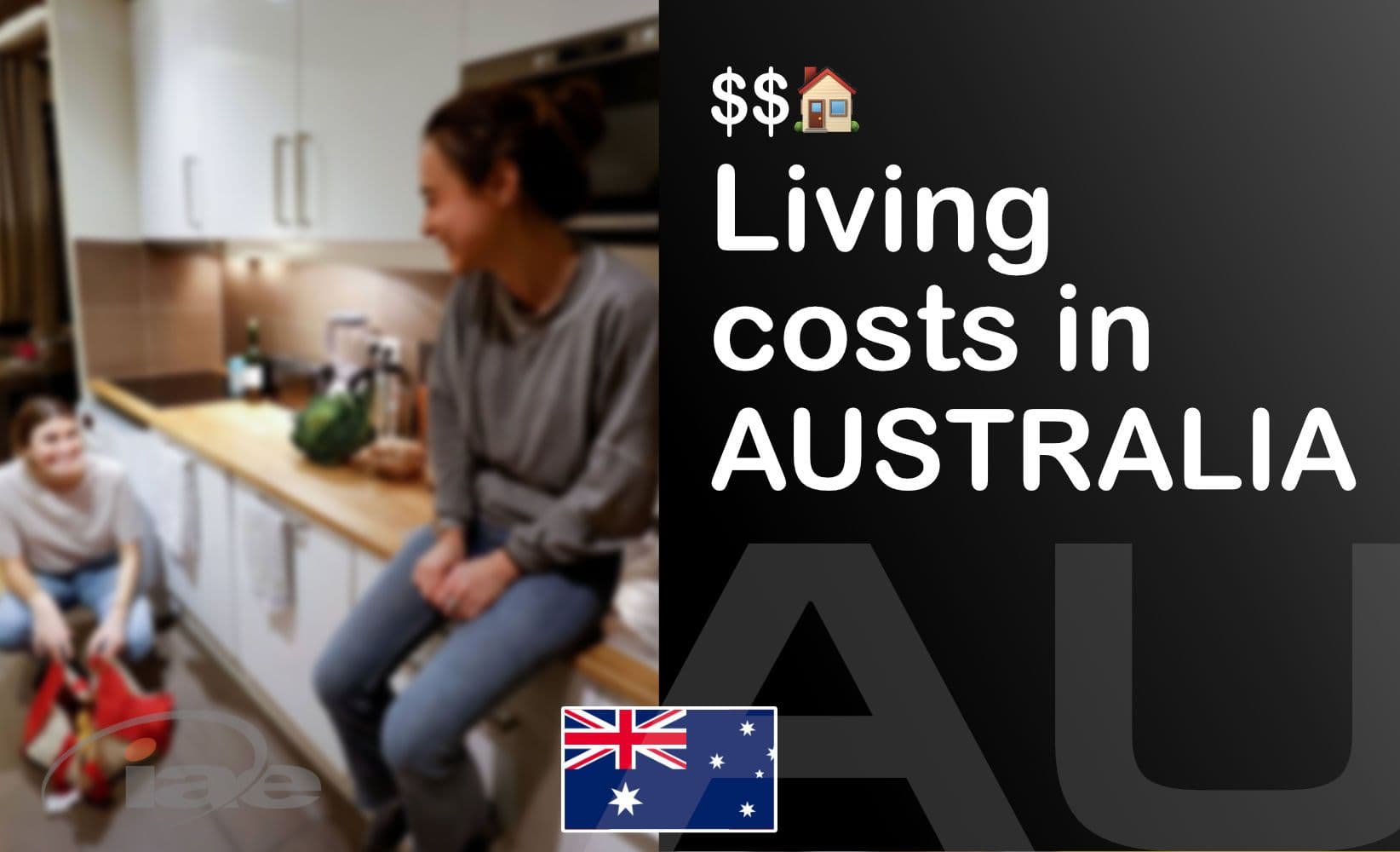
Over 500,000 international students choose Australia every year for a reason. The country offers high-quality higher education in a wide range of specialties, diplomas that are recognized by employers anywhere in the world, and attractive cities to live in - Sydney, Melbourne, Brisbane, Adelaide, Canberra, Perth and more.
If you are an international student planning to move to Australia for further education, you should have an idea about the living expenses that you will incur there. Having timely knowledge about such costs will help you plan better and adjust more comfortably after you move.
Accommodation
The cost of renting in Australia depends on many factors, such as the city where you will live and whether the accommodation is shared or individual.
A single room in Gold Coast or Brisbane will cost you between AUD 170 and AUD 240 per week, and a shared room will cost between AUD 130 and AUD 170 per week. In cities like Sydney and Melbourne, a single room costs between AUD 240 and AUD 400 per week, while if you share it, it can cost between AUD 150 and AUD 240 per week.
Almost all houses ask for two weeks of rent in advance as a deposit. But don't worry, when you leave the house they give it back to you.
Your weekly rental costs can sometimes include utility expenses such as electricity and water, whereas in other instances, those bills will come separately. Always learn about what is included and what is not.
Some of the more common accommodation options you will encounter:
- Single, furnished spaces with attached or shared bathrooms
- Shared rooms with shared bathrooms
- Host families
- Shared house where bedrooms are separate and kitchen/bathroom/lounges are shared
- University managed housing
While many Nepali students end up sharing houses and apartments with fellow Nepali's, sometimes it is also a good idea to mix it up with students of other nationalities - afterall, the point of studying in a multicultural country like Australia is to broaden your horizons, grow your personal networks and learn about other cultures.
Budgets often end up being the primary deciding factor for Nepali students though and it is okay to make your decision based on what you can afford.
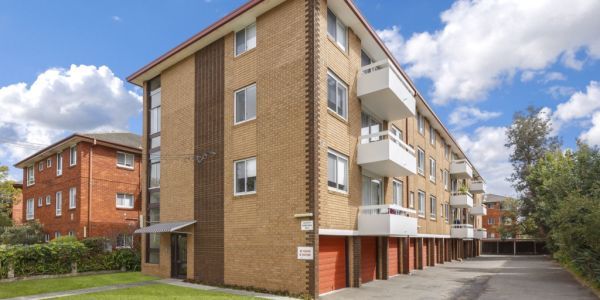
Groceries
There are many supermarkets to choose from in Australia, such as Aldi, Coles or Woolworths, with affordable prices, and they have everything you need. Additionally, most cities have farmer's markets or wholesale markets where you can do your weekly shopping and save some $$.
A person can spend between AUD 95 and AUD 100 per week for groceries. This will depend on the things you want to buy, and if the expenses are shared, it is possible to spend much less.
The average cost of common groceries in Australia is as follows:
| Item | Cost in AUD |
|---|---|
| Chicken - 1 kg | 8.5 |
| Rice - 1 kg | 2.85 |
| Eggs - 1 dozen | 5.46 |
| Potatoes - 1 kg | 2.5 |
| Tomatoes - 1 kg | 2.66 |
| Milk - 1 litre | 1.21 |
Above prices are given as a guide - prices can vary depending on location and even time of the year
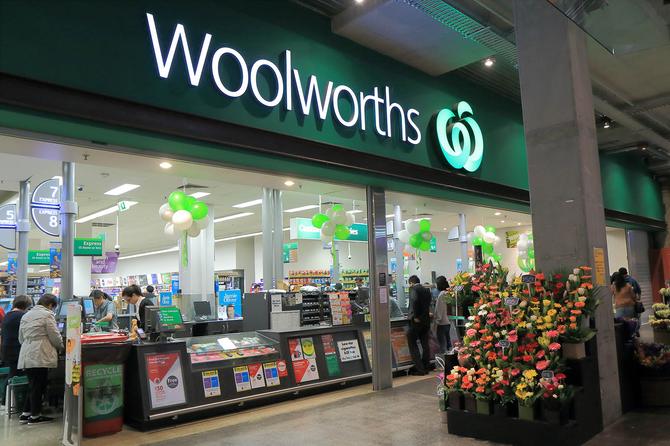
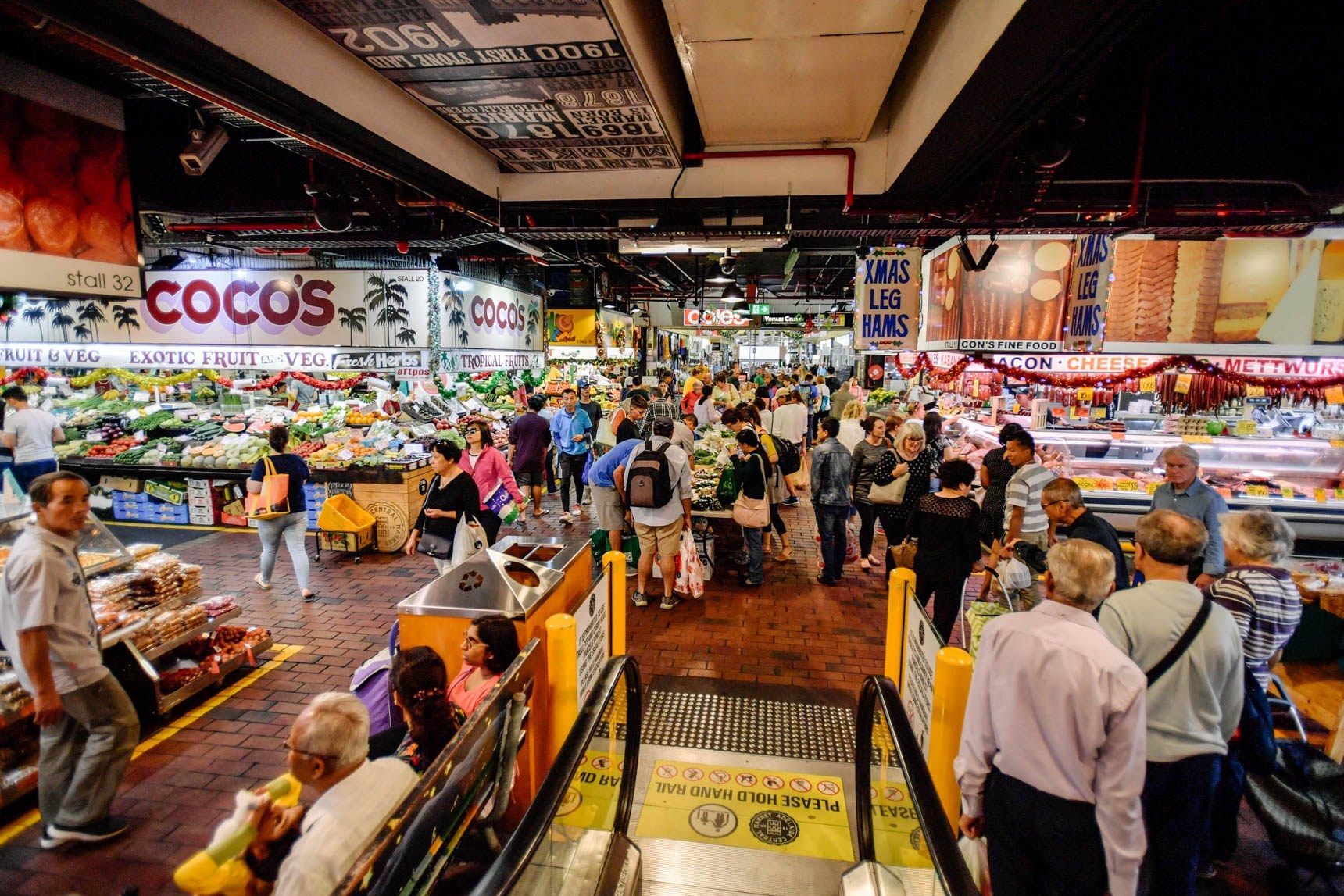
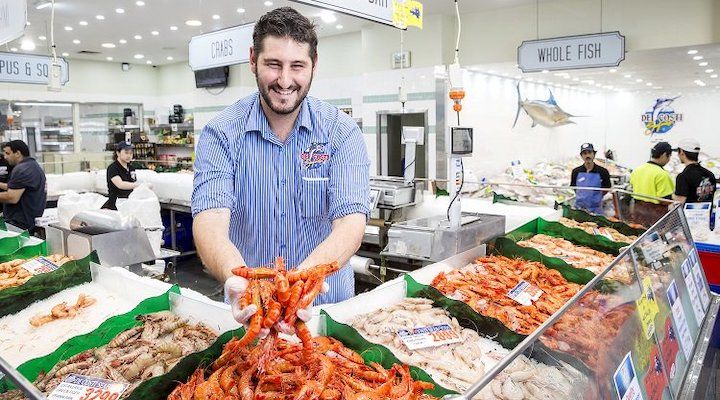
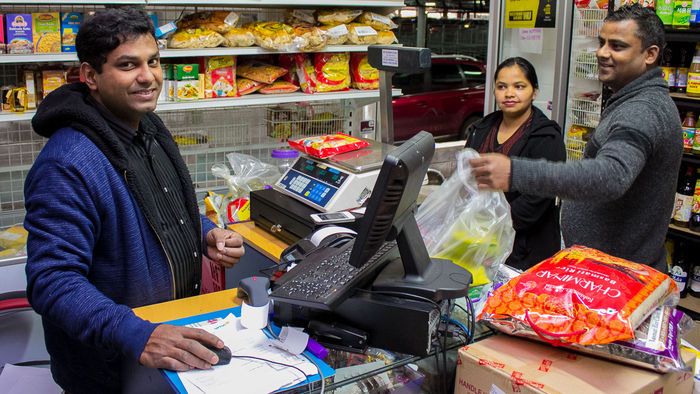
Transport
Depending on the city you go to, having a car may or may not be important. Whether you have a car or not, you will find public transport in most cities to be more efficient, safer and cleaner that what you find in cities in Nepal.
A car might be necessary if your end up doing part time jobs but do beware that ownership of car can come with additional expenses such as registration costs, servicing expenses and of course, fuel (currenlty rather high).
Public transport on the other hand are there as the lifeblood of all cities.
There are four main public transport options in Australia:
- buses
- train
- ferry
- trams
A prepaid or electronic card is available to pay for the fares in these options. The prepaid card and its type vary from city to city.
| City | Pre-paid card |
|---|---|
| Brisbane | Translink Go |
| Melbourne | Myki |
| Sydney | Opal |
| Adelaide | Metro |
| Perth | Smartrider |
| Hobart | Metro Green |
| Canberra | MyWay |
| Darwin | Tap and Ride |
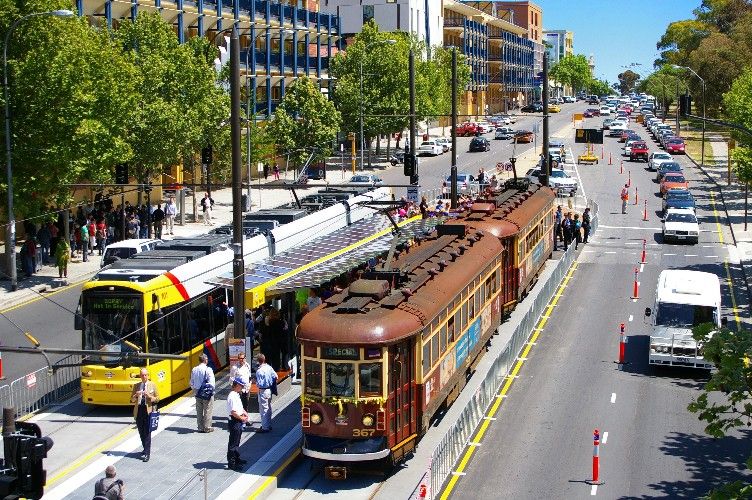
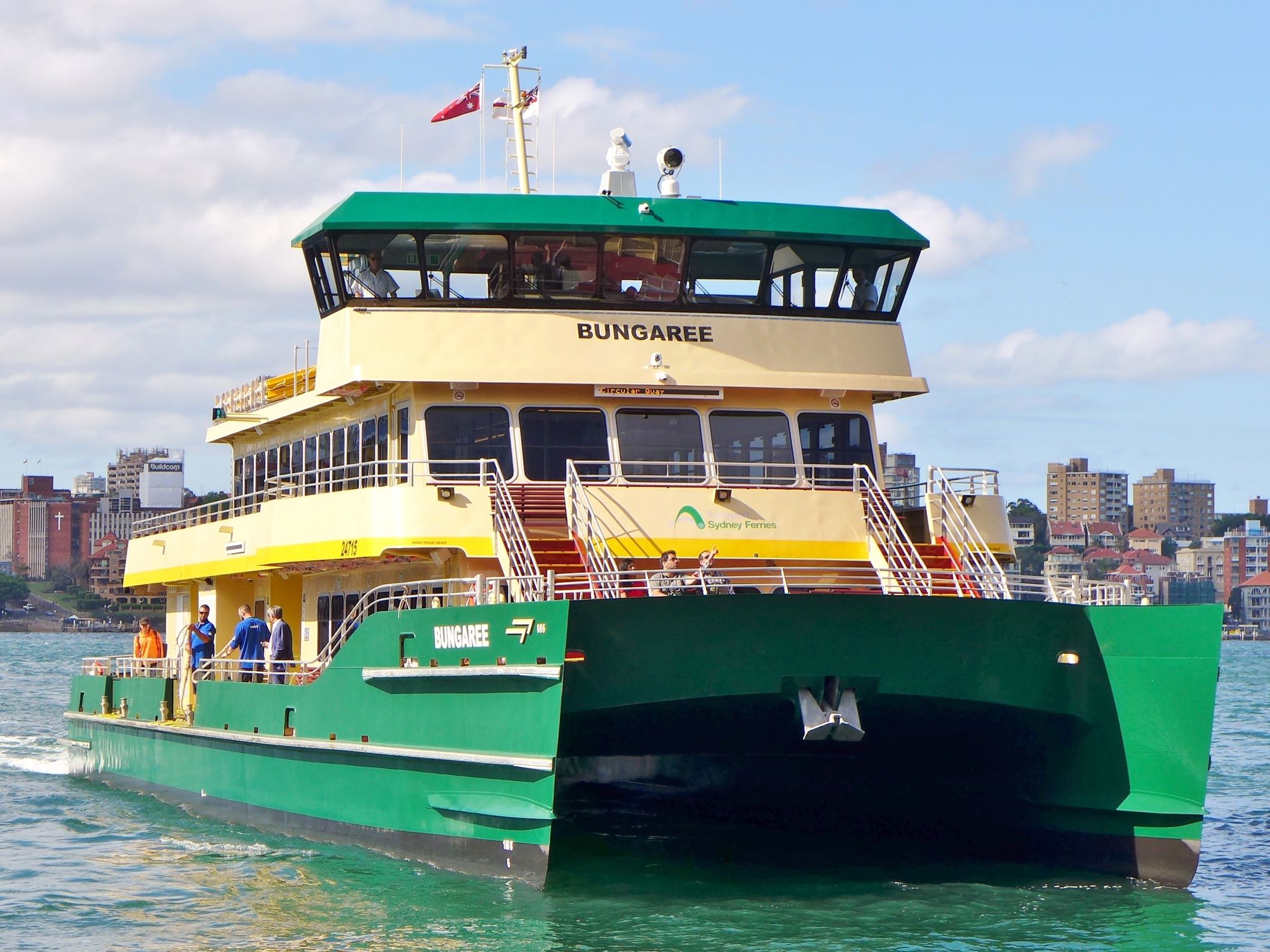
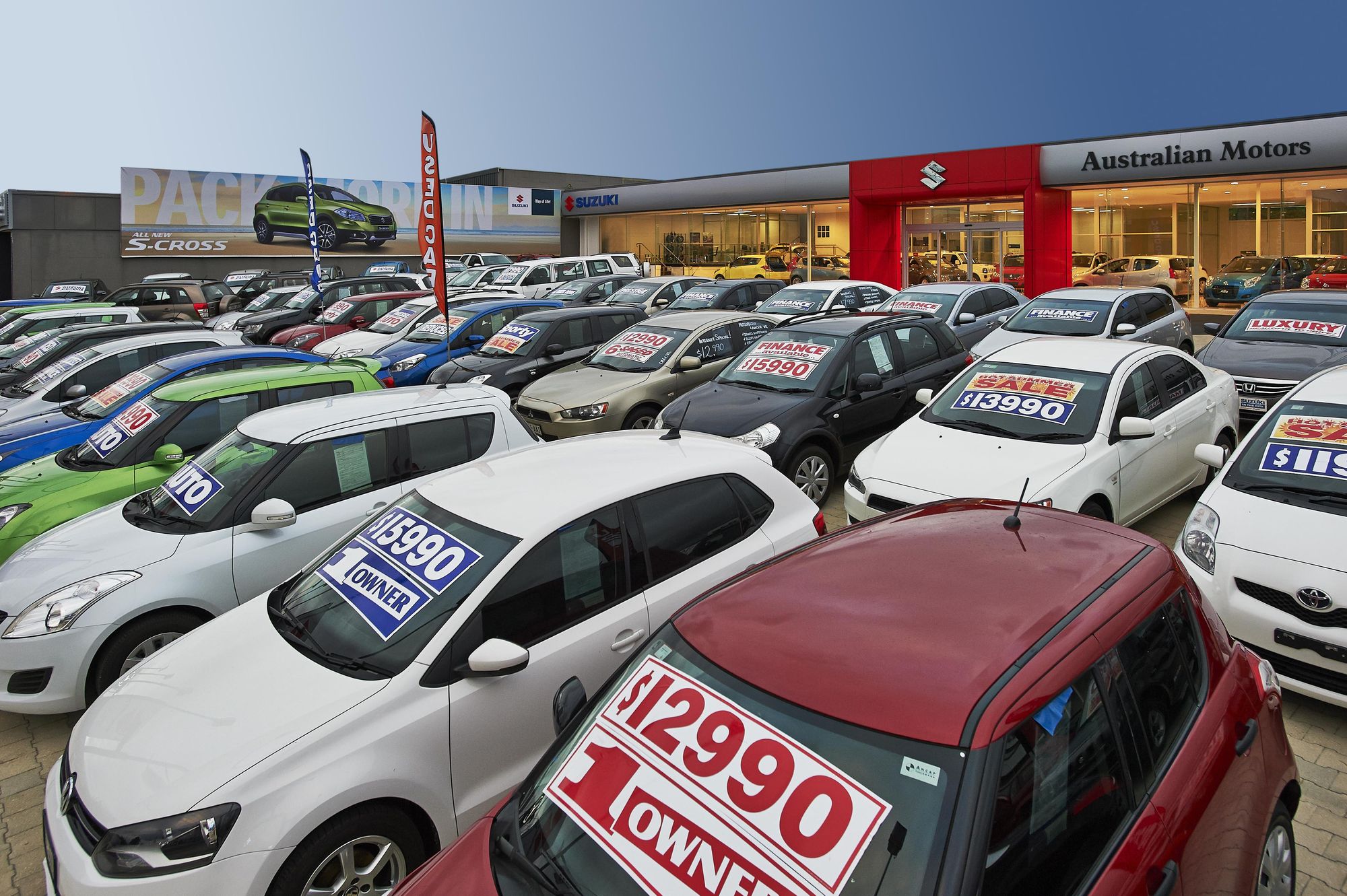
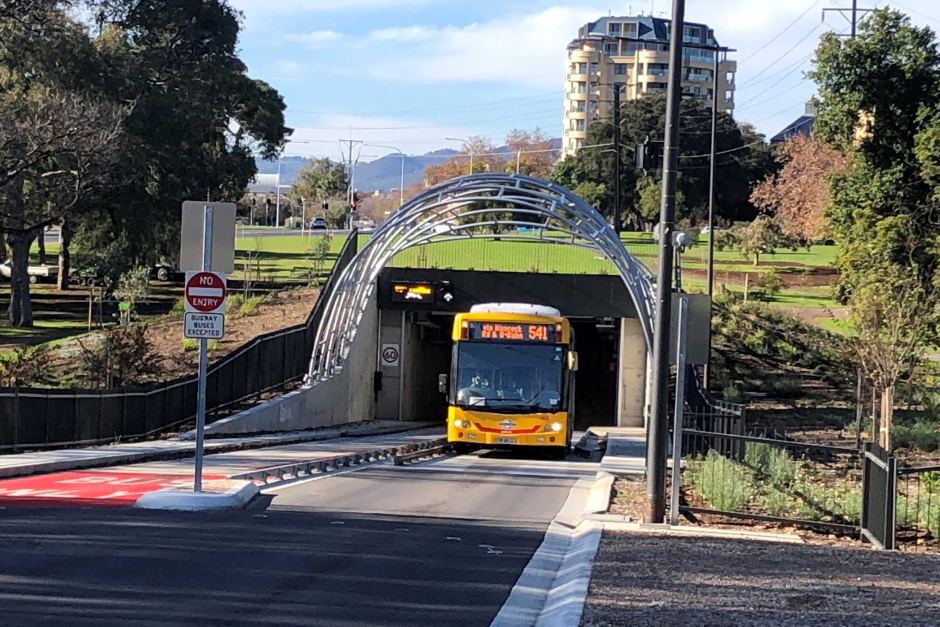
Another option for the transport if you don’t mind a little extra expense is a taxi. Taxis in Australia can be either caught on the street or called by phone. Taxi drivers usually have a limit of about $2.5 per kilometer. A ride around the city will cost approximately $12.60.
If you can save up some money, you can also buy a second hand car (cheaper than new!) which starts anywhere between 2000 AUD to 5000 AUD. The purchasing cost may vary depending on the brand, make, model, condition etc.
While purchasing a car, you need to pay registration, that is generally valid for 6 or 12 months. In some cities such as New South Wales or Northern Territory, a car review is required, and in other states such as Queensland, it will only be necessary if the car is more than 5 years old and the Australian government expressly requests it.
It costs approximately $350 every 6 months and $600 annually, depending on the state. Depending on the state, registration will include (or not), minimum personal injury insurance to third parties. The insurance can cost you $400-$800 depending on the car you bought.
A liter of fuel is around AUD 1.82; therefore, filling the tank of an average car will cost you about AUD 85. It will depend on how much you use it with regard to spending.
As you can see from above, car ownership can add up - students sometimes buy them because that can help you get part-time jobs, which will of course offset some of the costs involved.
Phone Bills and WIFI
The first thing you should keep in mind when getting your own mobile phone plan in Australia is that there are open or closed plans.
Generally, the closed ones have a 12-month clause, the open ones would be month by month, and you can cancel them whenever you want. For closed plans, it is important that you review the cancellation policies and, in this way, you can avoid future fines generated by ending the plan on time.
Currently, there are different telecom providers, such as Telstra, Vodafone, Optus, Lebara, and Virgin Australia, which can offer you prepaid or postpaid plans that fit your daily needs.
Companies like Lebara offer services that could be a super good option, such as paying AUD 29.90 for 30 days. The plan includes unlimited national calls, 36GB for 1 month, and 24GB thereafter. It has unlimited calls to countries like Colombia, Brazil, Chile, Argentina, Mexico, Peru, Venezuela, and 23 other countries.
As for Wifi connection, Australia does not seem to have prioritised public hotspots. However, big malls and restaurants may provide free Wifi, but it's going to be limited.
For internet, prices, speed and value really does vary every new place you go. On average, a 60 Mbps fixed wireless plan will cost you AUD 79 per month, 100 Mbps wifi will cost you $99, and 150 Mbps will cost you $109 per month - take these numbers as general guide as you will find the costs vary from town to town.
A final note to this article is that Nepali students tend to further reduce their living costs in Australia by sharing spaces, bills and groceries.
Of course, be mindful to stay within the legal provisions of flat-sharing.
To start your application to study in Australia, visit iae Global Nepal, Dillibazar today. We are friendly, and we have all the options you need!
📍 iae Global Nepal, Dillibazar (next to Vijaya Memorial School)
🗺 Google map link: g.page/iaenepal
📞 01-4413994, 01-4413998, 01-4413955
📱 WhatsApp/Viber: 9861582601
👋 5 Options in 5 Minutes


